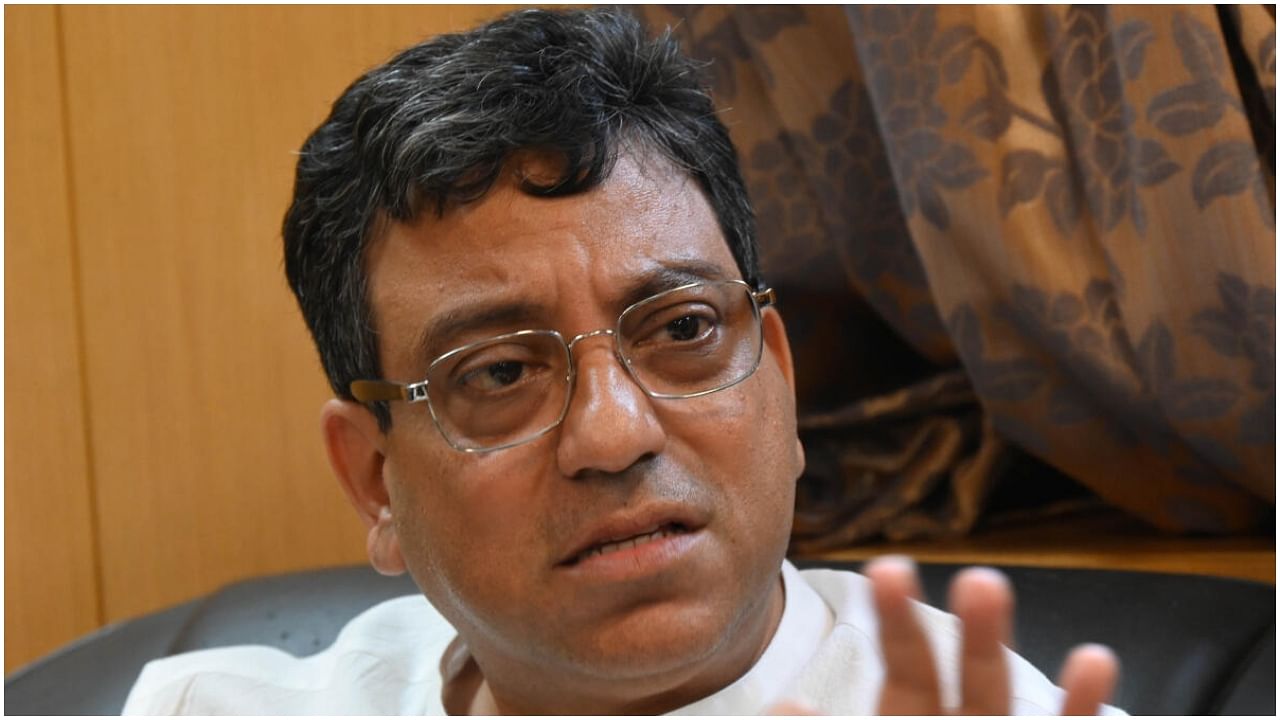
The BBMP, which is accepting requests from voters with disability for transportation to polling booths, is planning to tie up with cab aggregators to provide the service.
District Electoral Officer (DEO) Tushar Girinath told reporters that the requests are being collected on the mobile app Saksham, designed by the Election Commission.
“We will accept requests till May 3 or 4. Ola or Uber will be arranged to bring them to the polling stations,” he said, adding that the poll panel has also organised 4,000 wheelchairs at the polling stations for the benefit of persons with disabilities.
Official figures indicate that Bengaluru has 65,000 voters with disability. The actual number, however, is expected to be 2.5 lakh. Officials said transportation facilities will be provided to those with more than 40 per cent disability.
Ratio gap
Girinath, also the BBMP chief commissioner, said Bengaluru’s Electoral Population Ratio (EPR) is around 58 per cent, while ratio across Karnataka is 68 per cent. This also shows that Bengaluru’s population is 1.6 crore as the number of voters in the city is 96 lakh, including in Anekal.
“Until January, we had 92 lakh voters. We have increased it to 97 lakh. We are short of four to five lakh votes to reach the state’s average on EPR,” Girinath said.
Noting that expenditure will be a major concern in this elections, Girinath urged people to report corrupt practices through the cVIGIL app, even anonymously.
“We have so far seized cash worth over Rs 300 crore. Liquor and money is being used rampantly. An influenced vote is much worse than abstaining from voting,” he said.
Girinath put the number of critical polling stations in the city at 2,004 and assembly constituencies that are expenditure sensitive at 19. The numbers are derived based on polling percentage, number of slum areas and rowdy elements.